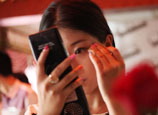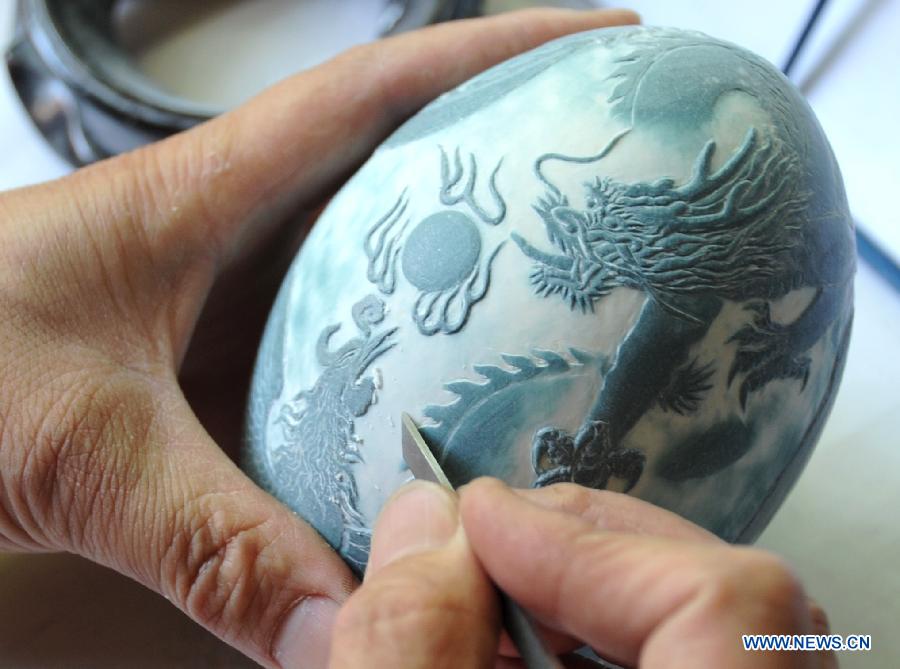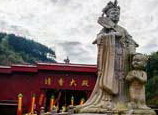
The drug watchdog in Shenzhen, Guangdong Province, said on Thursday that they have not detected banned medicine additives in a batch of vitamin pills that the Hong Kong Department of Health had warned could be dangerous to health on Tuesday.
The Shenzhen Drug Administration said the two Western medicine additives, phenacetin and aminophenazone, were not traced in seven other different batches of the drug "Vitamin C Yinqiao" tablets produced by the Shenzhen-based Tong'an pharmaceutical company.
This follows the State Food and Drug Administration's comment on Wednesday that no illegal ingredients had been detected in the medicine.
Similar tablets are one of the most commonly used traditional Chinese medicine products to treat a cold.
Among the eight batches tested, four are from the manufacturer's stock and the remainder randomly selected from the market. "All the drugs we tested meet the national standard, and do not contain the illegal substances Hong Kong has claimed," an employee with the Shenzhen Institute of Drug Control, which operated the test, told the Global Times.
The Hong Kong department appealed to the public not to buy or consume the tablets after a 41-year-old woman was suspected of having an adverse reaction to the product. The woman purchased it on the Chinese mainland.
Hong Kong authorities said on Tuesday that tests found the presence of the two illegal additives, which were banned in 1983 and 1984 respectively due to severe side effects.
The authorities added that some other ingredients listed on the bottle, including vitamin C, paracetamol and chlorpheniramine maleate, were not detected. But the tests run by the Shenzhen institute show such substances do exist.
The State administration ordered sales of the drug to be suspended Wednesday.
Huang Xiongyi, assistant sales director of the company, told the Global Times the product has never been transported to Hong Kong for sale, nor have these additives ever been used.
"We haven't ruled out taking legal action to protect our reputation which has been damaged," Huang said, adding that the sales of the company have been surely impacted.
In a statement sent to the Global Times Thursday evening, the Hong Kong health department said the sample tested was provided by the patient, and is not found on sale in Hong Kong, adding that the patient's doctor said the patient's symptoms were not caused by the two additives.
The Hong Kong department said the tablets of the company provided by Shenzhen authorities are dark green, which might be different from the sample tested in Hong Kong.
The spokesman from the Hong Kong Department of Health said on Thursday night that the investigation into the case is still pending.
















 A hemophiliac and his 'treasures'
A hemophiliac and his 'treasures'


![]()
